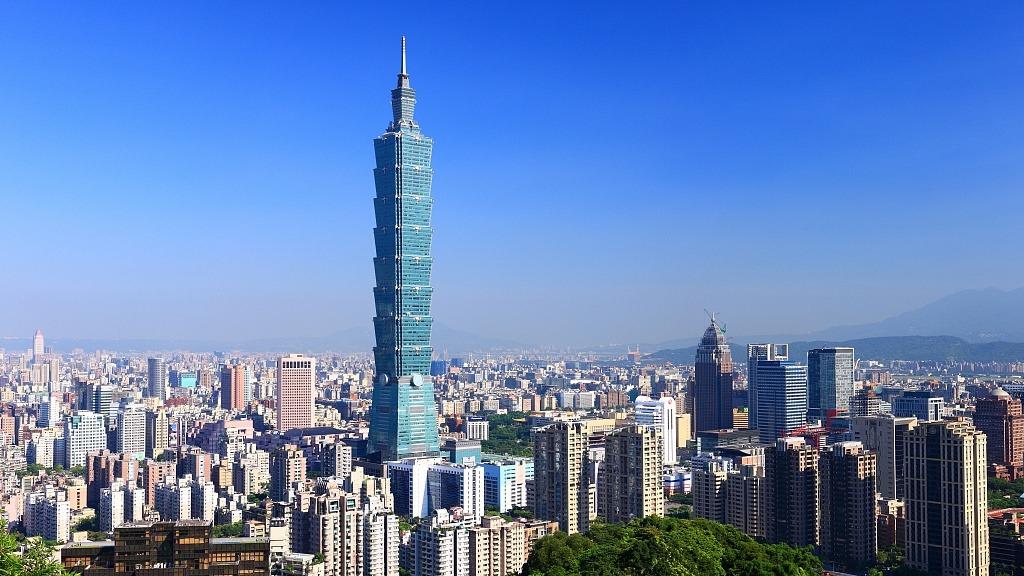 In this undated file photo the Taipei 101 skyscraper commands the urban landscape in Taipei, Taiwan. (PHOTO / XINHUA)
In this undated file photo the Taipei 101 skyscraper commands the urban landscape in Taipei, Taiwan. (PHOTO / XINHUA)
Starting from Jan 1 this year, the Chinese mainland suspended tariff reductions on some chemicals from Taiwan island. This is a consequence of the island's Democratic Progressive Party authorities' secessionist policies.
The DPP authorities on Taiwan island have long imposed unilateral and discriminatory trade bans and restrictions on products from the mainland, breaching the Economic Cooperation Framework Agreement between the two sides. What the DPP authorities have been doing has damaged the interests of quite a few mainland industries and enterprises, according to the spokesperson for the Taiwan Affairs Office of the State Council.
What is peculiar about the matter is the fact that the DPP authorities have not taken any steps to engage in talks with the mainland to ease the worsening cross-Strait trade relations. Instead, they have sought to shift the blame onto the mainland.
The ECFA was signed in 2010 by the two sides in the spirit of the 1992 Consensus — that there is only one China — to facilitate cross-Strait trade relations. With the facilitation of the ECFA, the trade volume across the Taiwan Strait increased from $145 billion in 2010 to more than $319 billion in 2022.
From January to November 2023, the trade volume across the Strait was $244.5 billion, with the volume of goods the mainland purchased from the island dropping by 16.1 percent and its sales to the island declining by 17.1 percent.
Relevant departments on the mainland are considering further reducing the number of products from Taiwan that enjoy tariff reductions, according to reports.
But rather than taking measures to promote trade relations across the Strait, the DPP authorities have refused to recognize the 1992 Consensus since taking office in 2016. Instead they have imposed bans and restrictions on products from the mainland, and fiddled with the rules of the ECFA and set up obstacles to normal economic exchanges and cooperation across the Strait.
Such issues could have been properly handled via cross-Strait negotiations, but the DPP authorities have obstinately adhered to the policy of "Taiwan independence" and refused to recognize the 1992 Consensus, which has damaged the political foundation necessary for cross-Strait negotiations and made it hard to properly handle the issues.
A local leadership election is to be held on the island this month. No matter which political party wins, it is important for the new authorities to recognize that any attempt to seek the separation of the island from the motherland is a lost cause. For the benefit of Taiwan people and the long-term development of the Chinese nation, peaceful reunification is the future of the island.


